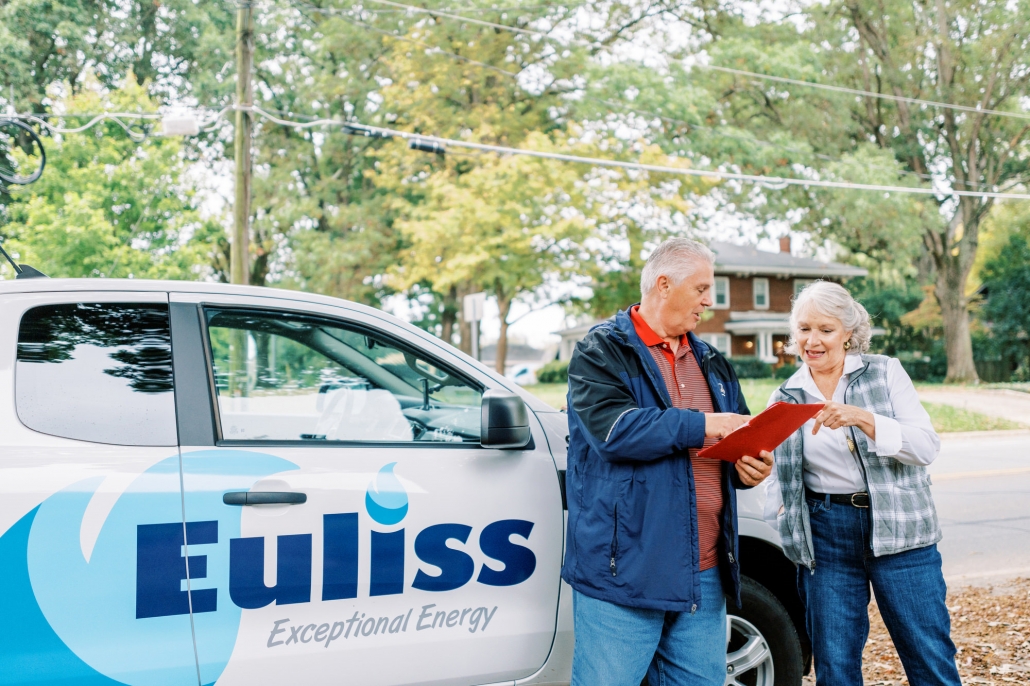Yes. Propane is nontoxic and insoluble in water. Once liquid propane is released from the tank, it becomes a gas, meaning it cannot spill, pool or leave a residue. It won’t contaminate groundwater, so it is considered safe to store underground. A gallon of propane produces about half the carbon dioxide (CO2) as a gallon of fuel oil. Compared to the individual per BTU of fuel, propane releases less CO2 than ethanol, gasoline, bio-diesel, kerosene, or coal. An electric water heater produces 150 times the amount of greenhouse gas emissions as a conventional propane gas water heater. A Rinnai tankless water heater reduces emissions even more. The Environmental Protection Agency (EPA) approved propane as an alternative fuel in the Clean Air Act of 1990 and Congress made similar proclamations in the National Energy Policy Act of 1992.




